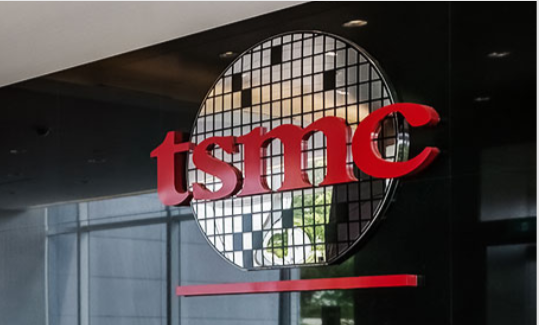Medical wearable devices have a pivotal role to play in empowering patients to take ownership of their own health.
But overcoming the medical community’s skepticism remains a daunting challenge for medical device makers, as related by mHealth Intelligence.
One medical wearable maker says it is incumbent on both the wearable technology firms and the medical community to bridge the patient-doctor gap in order to improve patients’ health.
David Albert, MD, is the founder and chief medical officer of AliveCor, a San Francisco-based developer of mobile ECG device Kardia Mobile. He says that healthcare providers have indicated that the clinical community will not accept consumer-facing medicals wearables until the data is relevant and reliable. He cites the recent American Medical Association comments that the digital health space is awash with “snake oil salesmen,”
Despite doctors’ reluctance to engage with new consumer-facing technology, consumers are flocking to the devices that include fitness bands, smartwatches and other types of monitors. Albert says that mHealth companies with strong clinical track records like AliveCor are not waiting until doctors finally give the green light, but are instead trying to empower patients to play a role in their own health and welfare.
He says both patients and the medical community “have to understand that (patients) have to be integral in their own care.”
“We’re entering a new phase of patient centricity,” he said. “Patients are becoming more and more responsible for their own healthcare, and that creates opportunities for engagement.”
Medical community needs to accept wearables, once validated
If the medical community can accept that clinically validated wearable devices have a place in the healthcare system, Albert says many wearables will prove to be more cost-effective and accurate than traditional care pathways. Once the medical system recognizes the opportunity, he predicts the flood gates will open as healthcare providers use the new technology to reign in escalating healthcare costs.
Meanwhile, if the medical wearables can improve patient health while remaining convenient and easy to operate, consumers will continue embracing the new technology as never before.
He says that this approach “draws a straight line between the patient and the doctor.”
And should that come to pass, Albert says that doctors, patients, the healthcare system and device makers will all end up big winners.
“We’re in the patient empowerment business now,” Albert says.









